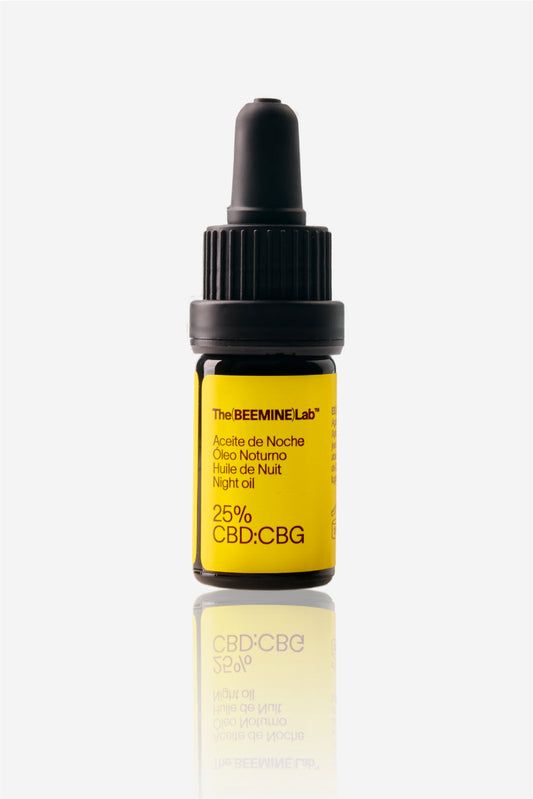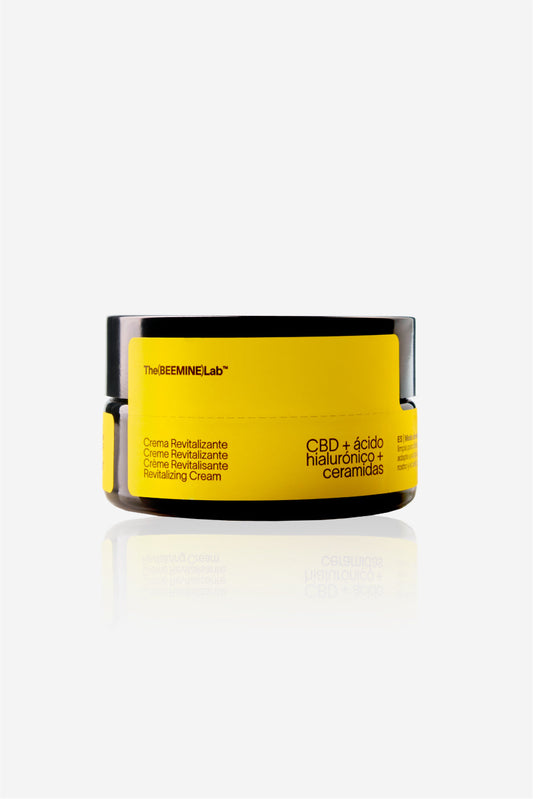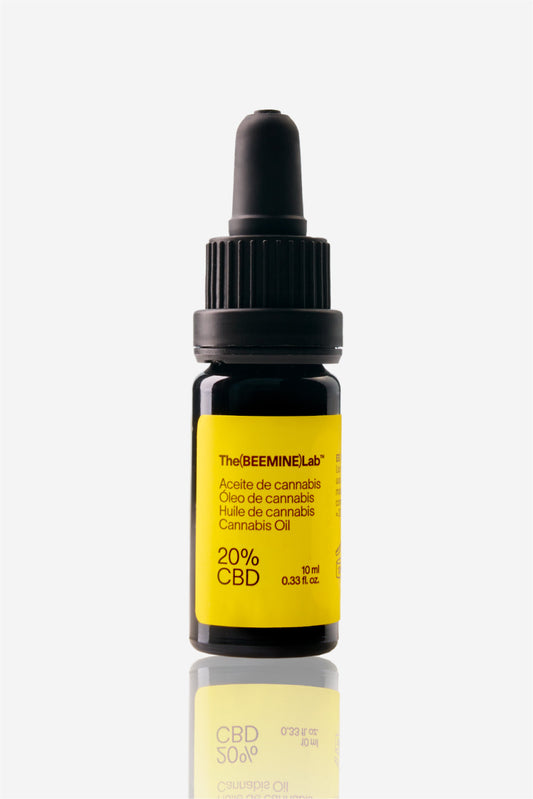What is stress?
Stress is the feeling of
physical or emotional tension that occurs as a
reaction to a demanding or challenging situation, such as having to face danger, continuous physical and/or psychological effort, or to achieve an objective such as an exam or a work situation.
The origin of stress
can be biological or psychological , and although today
the concept has taken on a totally negative and dysfunctional character , in reality stress is a positive factor, since it allows us to move forward and react to different life situations that put us to the test. For example: work or personal stress in a reduced form is functional.
Symptoms of stress.
The
symptoms associated with stressful situations
are numerous and different:
Irritability, anxiety, digestive problems, cognitive problems with attention and memory, headaches, tiredness, fatigue and difficulty resting, muscle tension, skin problems
Most experts agree that
many chronic medical conditions carry an element of stress in their genesis, which is why stress
is actually considered the epidemic of the 21st century . (4)
Types of stress
There are different
types of stress :
-
Acute: This is the most common form of stress and consists of a reaction to demanding, pressurized or dangerous situations that may be new, have occurred in the recent past or are about to occur in the near future.
-
Acute episodic: is a prolonged and frequent exposure to episodes of acute stress, which causes normally transient symptoms to assume a constant regularity
-
Chronic: is the form of stress that results from continuous and prolonged exposure (months or years) to stressful, tense or depressing situations.
When exposed to
chronic stress, these alert reactions remain constantly active and can
cause health problems:
Alterations in the immune system, high blood pressure, heart failure, diabetes, obesity, depression and anxiety, neurological disorders, skin problems, menstrual and sexual problems.
However,
exposure to prolonged or chronic stress can negatively affect the functioning of the ECS, reducing the functionality of endocannabinoid receptors (in particular CB1) and altering endocannabinoid neurotransmitters such as Anandamide and 2-AG. In this way, an altered and dysfunctional ECS
would cause further difficulty in adapting to stress , in a vicious circle that can facilitate the development of depression or post-traumatic stress disorder.
A survey of CBD users has shown that around
40% use it to improve stress and anxiety management , with a preference for sublingual use. (5)
Posology
Experts recommend starting with small amounts of CBD and then gradually testing its effectiveness and increasing the amount. Some people choose to start with
about 20 to 40 milligrams of CBD per day, divided into 3 doses every 6-8 hours. (e.g. 7 am, 1 pm, 2 pm)
For more information, check out our article to
understand the uses and dosage of cannabidiol.
What types of stress cannot be treated
It is always best to contact a specialist to check for possible
drug interactions and to rule out
possible risk situations such as cardiovascular or psychiatric problems.
Precautions if you are going to take it
If you use other medications, contraceptives or suffer from heart or liver problems, you should consult with your specialist to avoid possible interactions or problems arising from the use of CBD for stress relief.
For more information
, check out our article on CBD and medications or our article on understanding
CBD dosage and benefits.
For more information
check out our article on CBD and side effects
Literature:
1 - Medline Plus - Stress and health
https://medlineplus.gov/spanish/ency/article/003211.htm
2 - APA - Different types of stress
https://www.apa.org/topics/stress/types
3 - Project CBD - Stress https://www.projectcbd.org/hub/stress
4 - Canna Foundation - The endocannabinoid system and stress
https://www.fundacion-canna.es/el-sistema-endocannabinoide-y-la-respuesta-al-estres-implicacion-en-la-fatiga-y-el-agotamiento
5 - Moltke, J., Hindocha, C. Reasons for cannabidiol use: a cross-sectional study of CBD users, focusing on self-perceived stress, anxiety, and sleep problems. J Cannabis Res 3, 5 (2021).
https://jcannabisresearch.biomedcentral.com/articles/10.1186/s42238-021-00061-5
6 - Resstel, Leonardo BM et al. 5-HT1A receptors are involved in the cannabidiol-induced attenuation of behavioral and cardiovascular responses to acute restraint stress in rats. British journal of pharmacology vol. 156.1 (2009): 181-8.
https://bpspubs.onlinelibrary.wiley.com/doi/10.1111/j.1476-5381.2008.00046.x
7 - Riebe, Caitlin & Wotjak, Carsten. (2011). Endocannabinoids and stress. Stress (Amsterdam, Netherlands). 14. 384-97. 10.3109/10253890.2011.586753.
8 - Hillard CJ Stress regulates endocannabinoid-CB1 receptor signaling. Seminars in immunology, 26(5), 2014, 380–388.
9 - Gorzalka BB, Hill MN, Hillard CJ. Regulation of endocannabinoid signaling by stress: implications for stress-related affective disorders. Neuroscience and Biobehavioral Reviews. 2008 Aug;32(6):1152-1160. DOI: 10.1016/j.neubiorev.2008.03.004.
10 - Hill, MN et al. “Endogenous cannabinoid signaling is essential for stress adaptation.” Proceedings of the National Academy of Sciences 107 (2010): 9406 - 9411.
11 - Hill, MN, Patel, S., Campolongo, P., Tasker, J., Wotjak, C., & Bains, J. (2010). Functional Interactions between Stress and the Endocannabinoid System: From Synaptic Signaling to Behavioral Output. The Journal of Neuroscience, 30, 14980 - 14986.
12 - Bonaccorso, S., Ricciardi, A., Zangani, C., Chiappini, S., & Schifano, F. (2019). Cannabidiol (CBD) use in psychiatric disorders: A systematic. Neurotoxicology.







